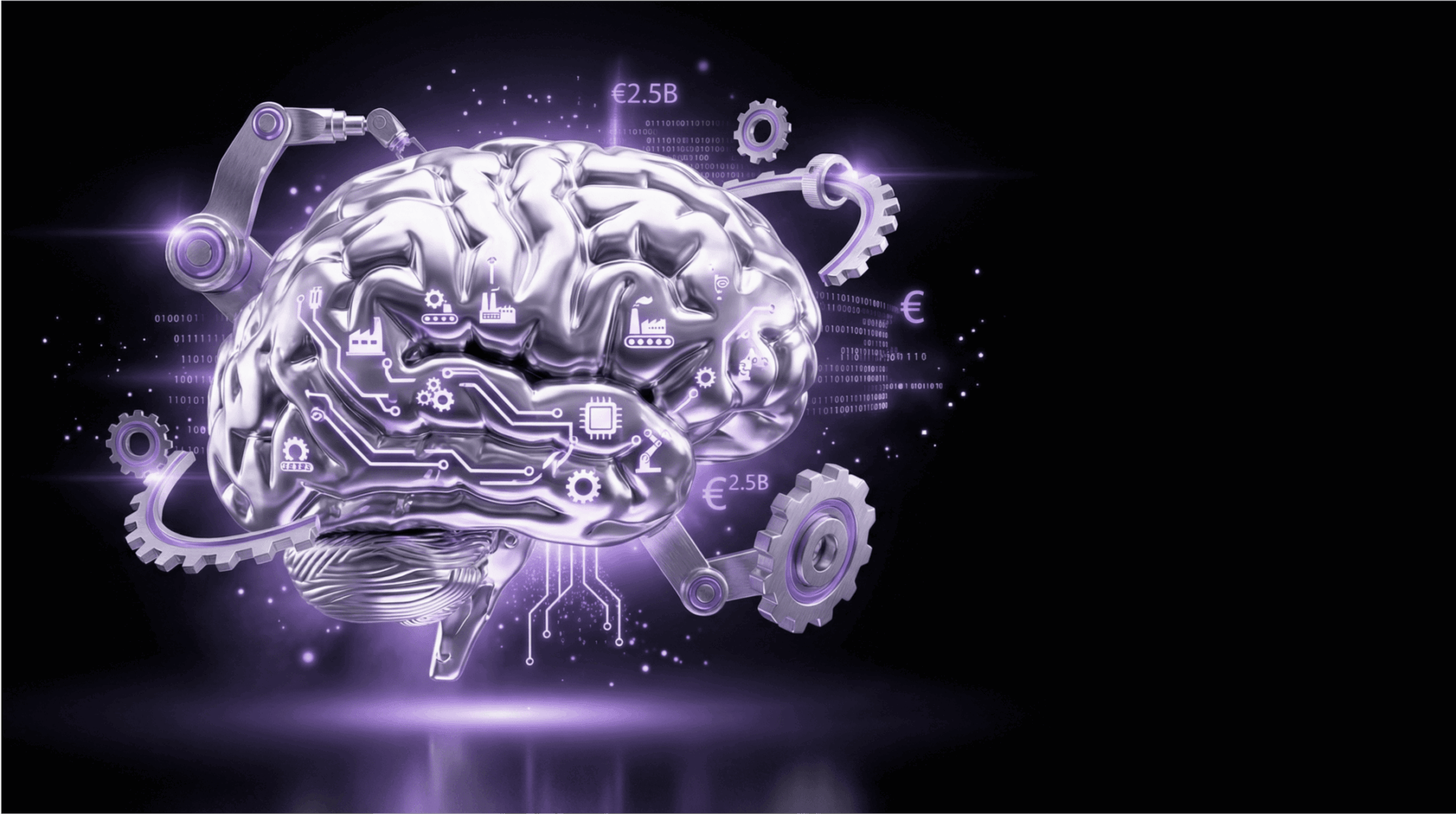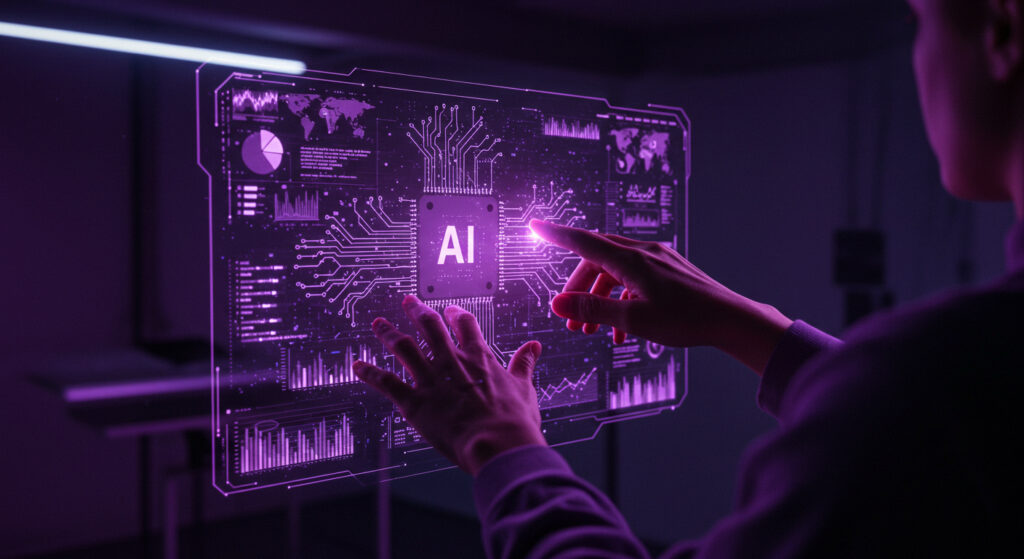How Gartner’s AI Agent Adoption Forecast Will Transform Custom Software Delivery
As we approach the latter half of this decade, artificial intelligence has transitioned from an intriguing technology into a strategic necessity for medium and large-scale enterprises. Gartner’s recent research forecasts a dramatic adoption rate, with 55% of mid-market firms expected to implement AI agents by 2026. This seismic shift underscores the urgency for executive leaders to understand, strategize, and effectively manage the integration of autonomous systems into their operations.
Decoding Gartner’s AI Agent Forecast
Gartner identifies agentic AI as systems capable of autonomously interpreting user intent, managing data, and executing tasks with minimal human oversight. The forecast predicts significant growth, estimating that by 2028, 15% of daily work decisions will be autonomous, compared to almost none in 2024. Further, enterprise software embedding AI agent capabilities is expected to surge from under 1% currently to 33% by 2028.
For executive decision-makers, these statistics are not merely informative, they represent an impending transformation requiring strategic foresight and proactive leadership.
Why Enterprises Are Rapidly Adopting AI Agents
Executive leaders must recognize the factors driving swift AI agent adoption to strategically position their organizations:
-
Operational Efficiency: AI-driven automation significantly enhances productivity, particularly in customer service and sales, with potential improvements reaching up to 50%.
-
Cost Management: Automation enables substantial reductions in labor costs and operational errors.
-
Enhanced Strategic Decisions: AI systems can quickly analyze extensive datasets, enabling executives to make more informed and timely decisions.
Strategic Implications for Custom Software Solutions
For enterprises leveraging custom software, understanding the integration of AI agents is critical. Key considerations include:
Architectural Transformation
Effective integration demands software architectures designed specifically for AI readiness:
-
Open APIs and Microservices: These facilitate seamless communication and integration with autonomous AI systems.
-
Event-Driven Architectures: Necessary for real-time responsiveness to operational data and events.
-
Modular Software Components: Allow scalability and flexibility required by evolving AI capabilities.
Robust Data Governance and Security
Increased autonomy of AI agents elevates data governance and cybersecurity concerns, necessitating executives to ensure:
-
Data Integrity: Guaranteeing reliable, high-quality data for AI use.
-
Regulatory Compliance: Adhering strictly to GDPR, CCPA, and other data governance regulations.
-
Cybersecurity: Strengthening measures to protect sensitive data from breaches and unauthorized access.
Comprehensive Risk Management
Gartner predicts that more than 40% of AI agent deployments may fail by 2027, primarily due to inadequate risk management. Executives must proactively address these risks by:
-
Implementing Guardian AI Agents: Deploying supervisory AI systems to monitor, control, and ensure ethical compliance.
-
Continuous Performance Monitoring: Regular assessment of AI effectiveness and alignment with organizational goals.
-
Adaptive Feedback Systems: Establishing feedback mechanisms to continuously improve AI performance and mitigate operational risks.
Strategic Recommendations for Executive Leadership
To successfully navigate this AI transformation, executives must prioritize strategic investments and operational agility:
-
Investment in AI Expertise: Building specialized knowledge in AI technologies and embedding these within the core operational framework.
-
Agile Methodologies Adoption: Incorporating flexible, responsive processes that allow quick adaptation to technological advancements and market shifts.
-
User-Centric Approach: Ensuring AI enhancements align closely with user needs, significantly improving customer experience and operational efficiency.
-
Ethical AI Commitment: Formulating and enforcing robust ethical guidelines to ensure AI systems operate responsibly and within regulatory frameworks.
Leveraging AI Expertise with 247 Labs
247 Labs specializes in crafting enterprise-grade custom software solutions designed to meet the complex requirements of AI integration. Our expertise in building AI-ready architectures, comprehensive data governance frameworks, and advanced cybersecurity measures positions us uniquely to support your organization’s transition to AI-driven operations.
Establish Your Competitive Advantage
The adoption of AI agents is inevitable and rapidly approaching. Leaders who strategically integrate these technologies into their business operations will establish significant competitive advantages.
Partner with 247 Labs today and harness the power of AI to strategically transform your enterprise and confidently lead your industry into the future.






